Discover the secrets to successful property management with Rental 101 – from tenant screening to maintenance tips and financial strategies!

Image courtesy of George Becker via Pexels
Table of Contents
- Introduction to Rental Property Management
- Knowing Your Responsibilities
- Choosing the Right Tenants
- Creating Clear Rental Agreements
- Handling Property Emergencies
- Communication with Tenants
- Managing Finances
- Keeping Up with Laws and Regulations
- Marketing Your Rental Property
- Maintaining the Value of Your Property
- Conclusion
- FAQs
Introduction to Rental Property Management
Welcome to our guide on property management! Here, we will learn how to keep a rental property running smoothly. Managing a rental property means making sure everything is in good shape and that the people living there are happy. Let’s dive into the world of successful rental management together!
What is Property Management?
Property management means taking care of a house or apartment that people rent to live in. As a property manager, you are responsible for making sure the property is well-maintained, handling any repairs that are needed, collecting rent from tenants, and ensuring that everything is in order. It’s like being the captain of a ship, making sure everything is sailing smoothly!
Knowing Your Responsibilities
In this part, we will talk about the jobs a property manager has to do.
Upkeep and Repairs
As a property manager, one of your main responsibilities is to make sure the house or apartment you’re renting out is well-maintained. This means keeping everything in good shape and fixing things when they break. Whether it’s a leaky faucet or a broken lock, it’s up to you to ensure that the property is always in top condition for your tenants.
Handling Rent
Another crucial aspect of property management is collecting rent from the tenants. You need to have a system in place to ensure that rent is paid on time and in full. This might involve setting up a schedule for rent payments, sending out reminders, and following up with tenants who are late on payments. Properly managing rent is essential for both the financial health of the property and maintaining a good relationship with your tenants.
Choosing the Right Tenants
Here we will see how to find good people to rent your property to.
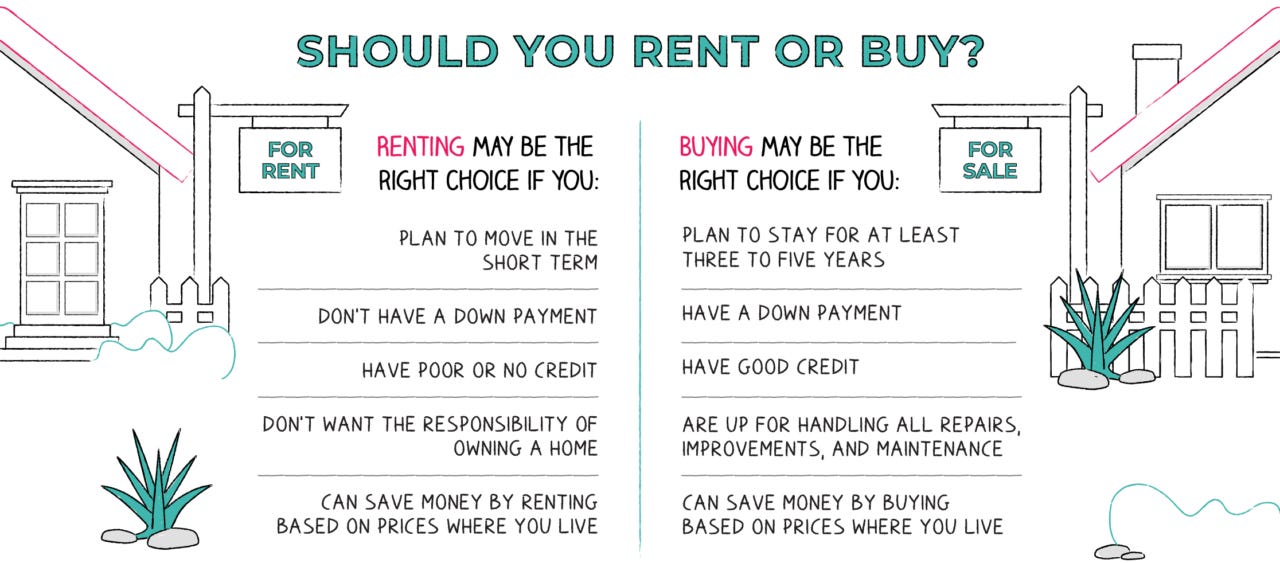
Image courtesy of humpdays.substack.com via Google Images
Screening Process
When it comes to renting your property, it’s essential to choose tenants who will take good care of your space and pay their rent on time. This is where the screening process comes into play. Screening potential tenants involves checking their background to ensure they are reliable and trustworthy.
Here are a few things you can do during the screening process:
- Verify Income: Make sure the potential tenants have a steady income that can cover the rent.
- Check Rental History: Contact their previous landlords to see if they were good tenants.
- Run a Credit Check: Look at their credit history to see if they have a history of paying bills on time.
- Ask for References: Request references from previous landlords or employers to get a better idea of their character.
- Meet in Person: It’s always a good idea to meet potential tenants in person to get a sense of who they are.
By thoroughly screening potential tenants, you can minimize the risk of renting to someone who may cause problems or fail to meet their rental obligations. Remember, finding the right tenants is key to successful rental management.
Creating Clear Rental Agreements
When you rent out a property, it’s essential to have a clear and comprehensive rental agreement in place. This rule book outlines the expectations and rules for both you as the property manager and your tenants. By having a well-defined rental agreement, you can avoid misunderstandings and conflicts down the line. Let’s dive into creating a solid rental agreement!
Important Rules
First and foremost, your rental agreement should clearly outline the rules that everyone living in the property must follow. These rules can cover a wide range of topics, including:
- Quiet hours
- Pet policies
- Parking regulations
- Trash disposal procedures
- Maintenance responsibilities
By clearly stating these rules in the rental agreement, tenants will understand what is expected of them, creating a harmonious living environment for everyone.
Additionally, make sure to include clauses regarding rent payment due dates, late fees, and security deposit information. This will help protect your interests as a property manager and ensure that tenants are aware of their financial obligations.
Remember, a well-crafted rental agreement is a crucial tool for effective property management. It sets the groundwork for a positive and transparent relationship between you and your tenants, ultimately leading to a successful rental experience for everyone involved.
Handling Property Emergencies
Unexpected things can happen with a rental property, like a pipe bursting or the heat suddenly not working. Here are some tips on how to handle these emergencies quickly and effectively so that both you and your renters feel safe and secure.
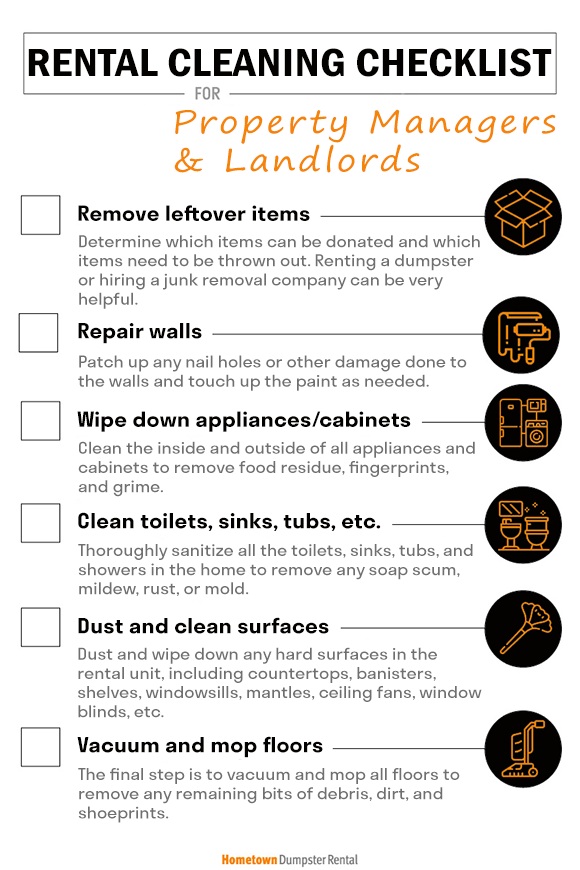
Image courtesy of www.hometowndumpsterrental.com via Google Images
Quick Response Tips
1. Stay calm: When an emergency occurs, it’s important to keep a level head. Panicking will only make the situation more stressful for you and your renters.
2. Assess the situation: Determine the severity of the emergency. Is it something you can handle on your own, or do you need to call for professional help?
3. Contact emergency services: If the situation is serious, such as a fire or gas leak, don’t hesitate to call 911 or the appropriate emergency services right away.
4. Notify your renters: Keep your renters informed about the situation and what steps you are taking to address it. Communication is key in times of crisis.
5. Have a list of emergency contacts: Make sure you have a list of reliable contractors, plumbers, electricians, and other professionals on hand for quick assistance.
6. Prioritize safety: The well-being of your renters should be your top priority. Ensure that they are safe and that any necessary precautions are taken to prevent further harm.
7. Document everything: Keep a record of the emergency, the actions you took to resolve it, and any expenses incurred. This documentation may be useful for insurance purposes or future reference.
By following these quick response tips, you can effectively manage property emergencies and maintain a positive relationship with your renters even during challenging times.
Communication with Tenants
In successful rental management, effective communication with your tenants is key. By talking and listening to your renters, you can build a good relationship and make sure everything runs smoothly.
Regular Check-Ins
It’s important to stay in touch with your renters regularly. By checking in with them, you can find out if there are any issues or concerns they have about the property. This way, you can address any problems quickly and keep your tenants happy.
| Topic | Subtopic | Description |
|---|---|---|
| Rental Property | Types of Properties | Understanding different types of rental properties such as apartments, houses, and commercial spaces. |
| Maintenance | Tips for maintaining your property including regular inspections, repairs, and upgrades. | |
| Tenant Management | Screening Process | How to conduct thorough background checks and screenings for potential tenants. |
| Rental Agreements | Creating and enforcing rental agreements that protect both the landlord and the tenant. | |
| Communication | Effective communication strategies for addressing tenant concerns and keeping them informed. | |
| Financial Management | Budgeting | Creating and sticking to a budget for property expenses and income. |
| Bookkeeping | Keeping accurate records of rent payments, expenses, and taxes for financial planning. |
Managing Finances
When you’re in charge of a rental property, it’s important to be smart with your money. Let’s talk about how to handle the finances that come with being a property manager.
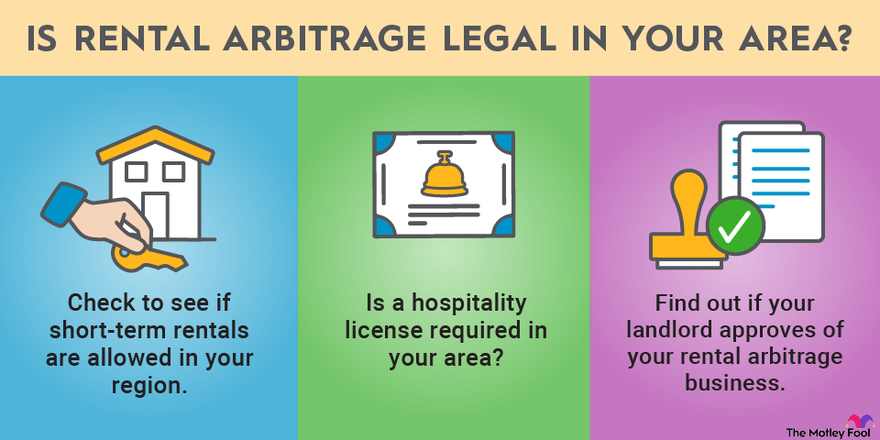
Image courtesy of www.fool.com via Google Images
Setting a Budget
Setting a budget means planning out how much money you expect to come in from rent and how much you will need to spend on things like repairs, maintenance, and other expenses. By keeping track of your income and expenses, you can make sure you have enough money to cover everything you need to keep your property in good shape.
Keeping Up with Laws and Regulations
Laws can be a bit boring, but they are very important to follow when you have a rental property. It’s essential to know the rules so you can keep everything running smoothly and avoid any problems.
Understanding Local Laws
Local laws are the rules that are specific to the area where your rental property is located. These laws can cover things like how often you need to inspect your property, what kind of insurance you need to have, and how to handle security deposits. It’s crucial to understand these laws to make sure you are following them correctly.
Marketing Your Rental Property
Now that you have a great rental property ready for tenants, it’s time to find the right people to live there. Let’s explore some tips on how to effectively market your rental property so it stands out in the crowded rental market.
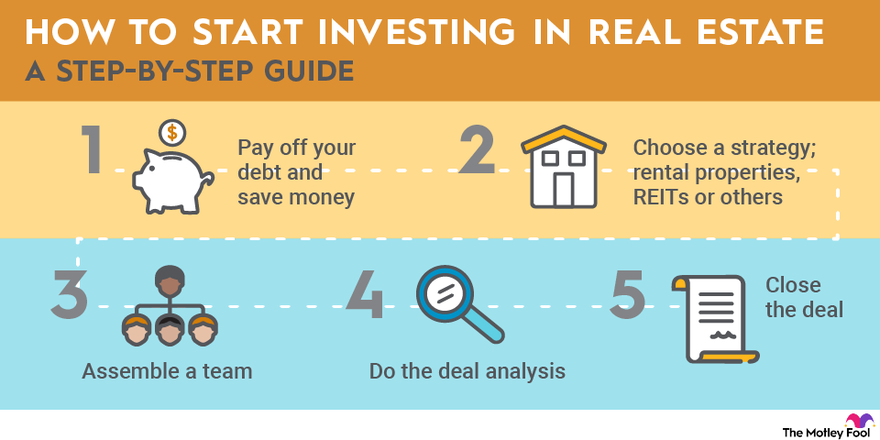
Image courtesy of www.fool.com via Google Images
Online Advertising
One of the best ways to reach a large audience of potential tenants is through online advertising. You can use websites like Craigslist, Zillow, or Apartments.com to list your property and attract interested renters. Make sure to include high-quality photos of the property and a detailed description of its features and amenities.
Additionally, consider creating a dedicated website or social media page for your rental property. You can share updates, photos, and virtual tours to showcase the property and engage with prospective renters online.
Don’t forget to leverage social media platforms like Facebook, Instagram, and Twitter to promote your rental property. You can create targeted ads to reach specific demographics and geographic areas, increasing your chances of finding the perfect tenants.
Maintaining the Value of Your Property
Once you’ve got your rental property up and running, it’s essential to take good care of it so that it stays in top shape and retains its value over time. Here are some tips to help you keep your property in excellent condition:
Regular Maintenance: It’s crucial to stay on top of regular maintenance tasks, such as fixing leaky faucets, addressing electrical issues, and keeping the property clean. By taking care of these small issues promptly, you can prevent more significant problems from arising down the line.
Landscaping and Curb Appeal: The exterior of your property is the first thing potential tenants will see. Keep the landscaping well-maintained, and consider adding some curb appeal by planting flowers or adding a fresh coat of paint to the front door.
Appliance and System Upgrades: Upgrading appliances and systems in your rental property can not only attract higher-quality tenants but also increase the property’s overall value. Consider investing in energy-efficient appliances or upgrading the heating and cooling systems to make your property more desirable.
Regular Inspections: Conducting regular inspections of your property is essential to catch any potential issues before they escalate. By visually inspecting the property and addressing any concerns promptly, you can save yourself time and money in the long run.
Responding to Tenant Concerns: It’s important to listen to your tenants and address any concerns they may have promptly. By responding to their needs and ensuring that any maintenance issues are fixed promptly, you can maintain a positive relationship with your tenants and keep your property in good condition.
By following these tips and taking good care of your rental property, you can ensure that it stays in top shape and maintains its value over time. Remember, a well-maintained property not only attracts quality tenants but also ensures a steady stream of rental income in the long run.
Conclusion
We’re wrapping up our journey through rental property management. You’ve learned tons about being a great property manager!
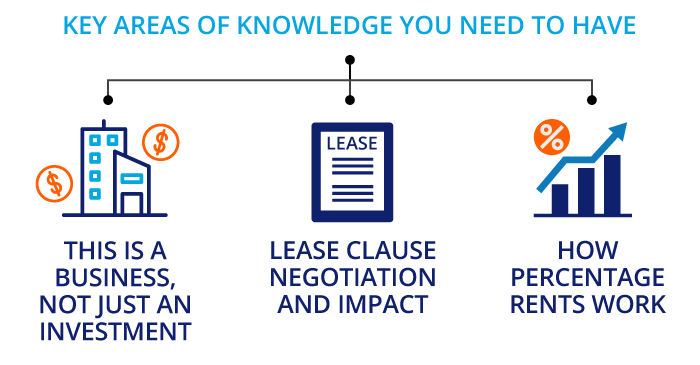
Image courtesy of cressblue.com via Google Images
Throughout this guide, we’ve explored essential aspects of successful rental management, from knowing your responsibilities to choosing the right tenants, creating clear rental agreements, handling property emergencies, communicating effectively with tenants, managing finances, keeping up with laws and regulations, marketing your rental property, and maintaining the value of your property. By following the tips for property managers and implementing effective property management strategies, you can ensure that your rental property runs smoothly and remains a valuable asset.
FAQs
What’s the best way to handle late rent payments?
Dealing with late rent payments can be tricky, but it’s essential to have a plan in place. The first step is to communicate openly with your tenant. Politely remind them of the due date and any late fees that may apply. If the issue persists, consider setting up a payment plan to help them catch up while still ensuring you receive your rent on time.
How often should a property manager inspect the rental property?
Regular inspections are crucial to ensuring your property is well-maintained and any issues are addressed promptly. While the frequency of inspections can vary, most property managers conduct inspections every three to six months. This allows you to check for any maintenance needs, ensure your tenants are following the rules, and address any concerns before they escalate.
Idaho Poperty Management
